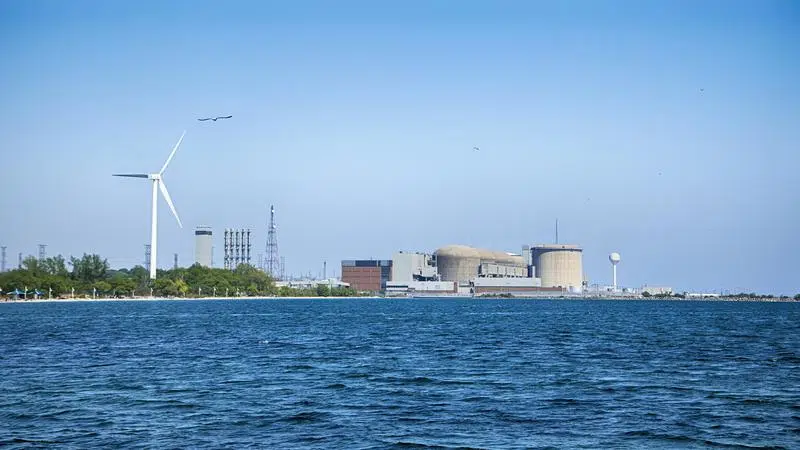
Saskatchewan’s plan for small nuclear reactors sees local fallout
Environmental advocates are railing against plans announced by the Saskatchewan, Ontario and New Brunswick governments to further explore the development of small modular nuclear reactors or SMRs.
While Premiers Moe, Ford and Higgs touted the weekend announcement as a collaborative way to combat climate change, others see it very differently, while the opposition New Democrats called it a “photo op.”
Green opposition
“However it is whitewashed, there’s no real safe way in my opinion that you can store nuclear waste for thousands of years,” Richard Jack, the interim leader of the Green Party of Saskatchewan told paNOW. “There has been no real change in how to deal with the waste problem in recent years.”



